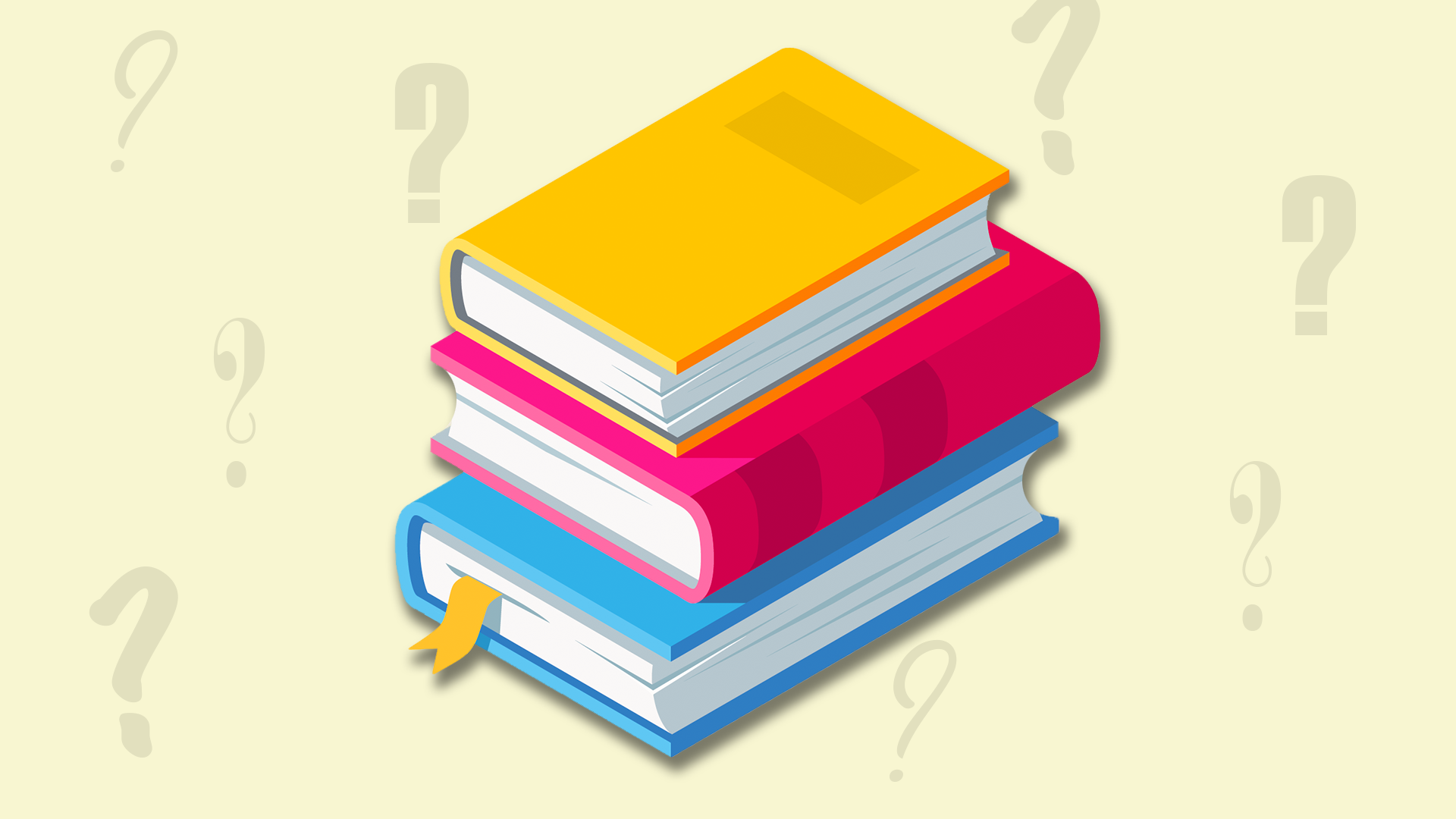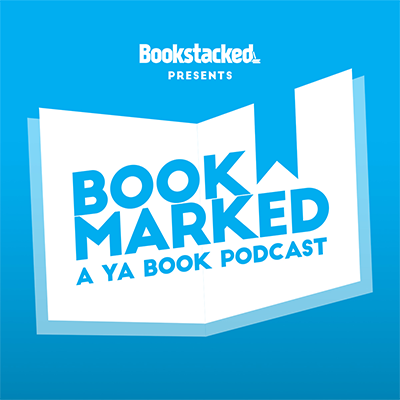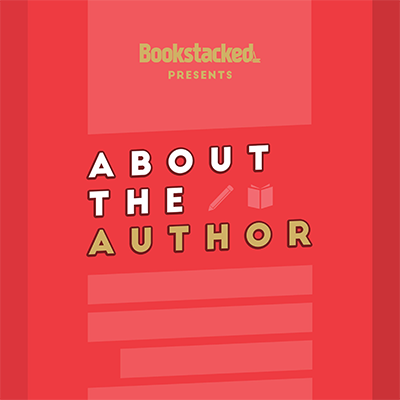What makes a reader? It’s a question that should come with a simple answer: Why, Michael, reading books makes you a reader. Obviously.
But as time goes on and the online book community — predominantly in YA — continues to expand, it can often feel like the criteria to be a part of the reading world is growing too.
Being in line with the community …
In the past few weeks I’ve been bagging up and donating around a hundred books from my bookshelf, many of which I read and didn’t enjoy, and many of which I didn’t even bother reading and only bought because they were the “in-thing” on BookTube.
In the mid-2010’s I closely followed the burgeoning BookTube community. I loved the idea of readers coming together to use a new medium to share their love of books, and doing it in an engaging way. But as time went on I felt like there was a shift in the way that things were done. It stopped becoming a way for readers to talk about what they were reading and slowly became a way for publishers to advertise attempts at the “Next Big Thing.” And as there became more of a focus on the “book haul,” when every few days someone else was uploading a video showcasing a massive pile of new books they’d bought (or had been sent), there became a feeling of needing to buy everything that was coming out, every upcoming book that sounded even somewhat interesting.
But the problem that led to, for me anyway, was having bookshelves upon bookshelves of unread releases. I was buying every big release, adding it to an already-hundreds-long To Be Read list, and then never picking them up. Then at the end of the month, the same six or seven BookTubers that I’d follow would upload an “end of month wrap-up” talking about the 10+ books they read that month. Which would make me look at the two or three I read and wonder why I was falling behind.
And the process would repeat.
Every. Month.
A few weeks ago I wrote about the joys of being in a reading slump, but finding positives from a slump doesn’t change the fact that reading slumps, often, suck. I think that one of the reasons a reading slump can feel like the worst thing in the world is the way that other readers, mostly online, seem to be speeding on ahead of you.
Keep up with everyone …
As time went on and I saw the book community across every social media platform reading the biggest releases, sharing their opinions on everything that I wasn’t reading, I started to feel like I wasn’t allowed to be a part of the community because I was somehow behind.
I didn’t want to engage in conversations with people, especially not to talk about what I was reading, because who would want to talk to me about a book that came out years ago that didn’t break any bestseller list? While I was reading books like The Fire Wish by Amber Lough, it seemed like absolutely everyone else was reading Tomi Adeyemi’s Children of Blood and Bone. And when I tried to read the new blockbusters and didn’t engage with them as much as everyone else seemed to, I felt like I was somehow wrong, like I wasn’t as valid a YA reader, or allowed to be seen as part of the community.
I don’t want to sound like I’m coming across as anti-book-community, but I think there’s a responsibility on both sides that needs to be addressed. The people you follow online do not set the standard that you have to meet as a reader. I still firmly believe in the value of BookTube, bookstagram and #booktwitter — but the trends these communities create shouldn’t set the criteria for what it means to be a reader, especially in YA.
Everyone reads at their own pace and has their own reading tastes, so the pressure to read the same as everyone else is hugely detrimental. YA is not a genre of its own, it’s a marketing indication which includes literally every genre, so you can’t be expected to only read the exact same blockbuster releases as everyone else to fit into the community. Reading the YA books you feel compelled to read makes you as much of a YA reader as those popular in the community who read exclusively from the New York Times Bestseller list.
“Reading, whether you read one, five or 50 books a year, should never make you feel like a failure.”
Read …
As a final point, there’s my old-favourite-least-favourite thing: the Goodreads Reading Challenge. I’ve spoken about it before on our podcast, but I think the concept of the Goodreads Reading Challenge can be very dangerous.
I understand the idea, I get the concept; challenge yourself to read X amount of books and maybe you’ll feel inspired to read more. But when you don’t complete your challenge, you’ll feel like you’ve failed. It’s only human. But reading, whether you read one, five or 50 books a year, should never make you feel like a failure.
I realise that’s not the goal of the Goodreads challenge — if anything it’s the farthest thing from it. But like the issue of the community broadcasting everything it’s done, the worry is that the challenge implies that there are goals to be met if you want to be part of the bigger picture.
If you read 50 books in a year, if you read one …
If you read exclusively YA, if you read everything but YA …
If you read the blockbusters, if you read indie …
The only criteria you have to meet is to read the words on a page. That’s what makes you a reader.









Bookstacked Comment Policy
We welcome respectful comments. Our only rule is to be kind. Rude, hateful and generally mean-spirited comments will be removed.